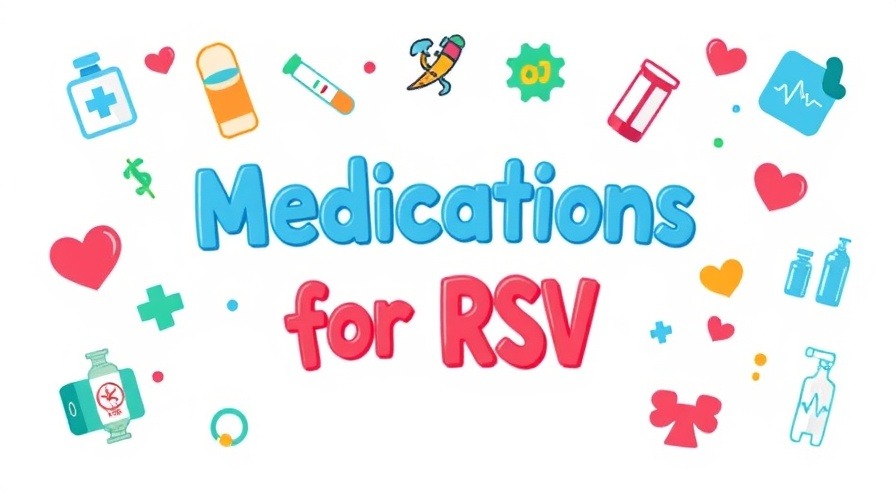
The Complex Dynamics of Sibling Rivalry
Sibling rivalry is a well-known phenomenon in many households, often encapsulating everything from petty squabbles over toys to deeper-seated tension over perceived parental favoritism. While some competition among siblings can be natural and even beneficial, excessive rivalry poses challenges not only for children but also for parents who need to maintain family harmony. Conflict can stem from multiple sources, including competition for attention, differences in age and development, personality clashes, and external stressors.
In 'Sibling Rivalry: 5 Smart Ways to Handle It,' the discussion dives into common issues families face, exploring key strategies that sparked deeper analysis on our end.
Understanding the Root Causes of Sibling Conflict
At the heart of most sibling rivalries is a desperate competition for parental attention. Children tend to seek approval from their parents, and even minor variations in treatment can ignite feelings of jealousy or resentment. This competition is magnified when larger family disruptions occur, such as a divorce or the arrival of a new sibling. These significant life changes can amplify insecurities and insecurities, leading to more intense rivalry.
Age and developmental differences are also crucial factors. Younger children may idolize their older siblings while feeling inferior. Teens often lack the patience for their younger siblings' behavior, which might seem annoying or clingy. Moreover, distinct personality traits between siblings—like having an introverted child paired with a boisterous extrovert—can lead to natural friction. Recognizing these underlying causes helps in tackling rivalry at its core.
Effective Strategies for Reducing Sibling Rivalry
To mitigate the impact of sibling rivalry, focus on strategies that promote understanding and coexistence:
Avoid Comparisons: It is vital to appreciate each child's unique strengths and achievements. For instance, instead of saying, "Why can’t you be more like your brother?" try praising specific efforts: "I loved how you cleaned up that mess!" This reinforces individual merit rather than unhealthy competition.
Encourage Teamwork: Implement activities that require cooperation. Building projects together or joining team sports can foster a sense of unity among siblings. Celebrating these shared successes strengthens their bond.
Set Clear and Fair Rules: Clear household expectations around respect, sharing, and conflict resolution can maintain order. Consistency in enforcing these rules is crucial; children feel more secure with established boundaries.
Give Individual Attention: Allocating one-on-one time with each child is a game-changer. Letting kids pick activities during this time reinforces their sense of importance and helps alleviate feelings of competition.
Teach Conflict Resolution: Teaching children how to express their emotions calmly and listen to one another is fundamental. Parents can model good conflict management skills, reiterating how to navigate disagreements constructively.
Stay Neutral During Disputes: When conflicts arise, it’s important for parents not to take sides right away. Instead, guide the siblings to work through their disagreements collaboratively. Asking each child what they desire from the resolution encourages mutual understanding.
Emotional and Human Interest Perspectives
Every family faces its challenges, particularly concerning sibling dynamics. Supporting kids through their disputes can shape their conflict resolution abilities in the long run. Moreover, understanding these conflicts can lead to enhanced emotional growth, ensuring that children learn to navigate relationships outside the family context.
Final Thoughts and Takeaways
Sibling rivalry often feels overwhelming, but with proactive strategies in place, parents can shape a more peaceful home environment. These strategies encourage unity, respect, and emotional intelligence among siblings. As families navigate this complex territory, they might consider the long-term benefits of fostering strong, harmonious relationships among their children.
As parents, it’s imperative to recognize that while sibling rivalry is normal, the way families address it can facilitate or hinder children's development. Reflecting on and implementing these insights can ultimately lead to healthier family dynamics.
 Add Row
Add Row  Add
Add 




 Add Row
Add Row  Add
Add 

Write A Comment